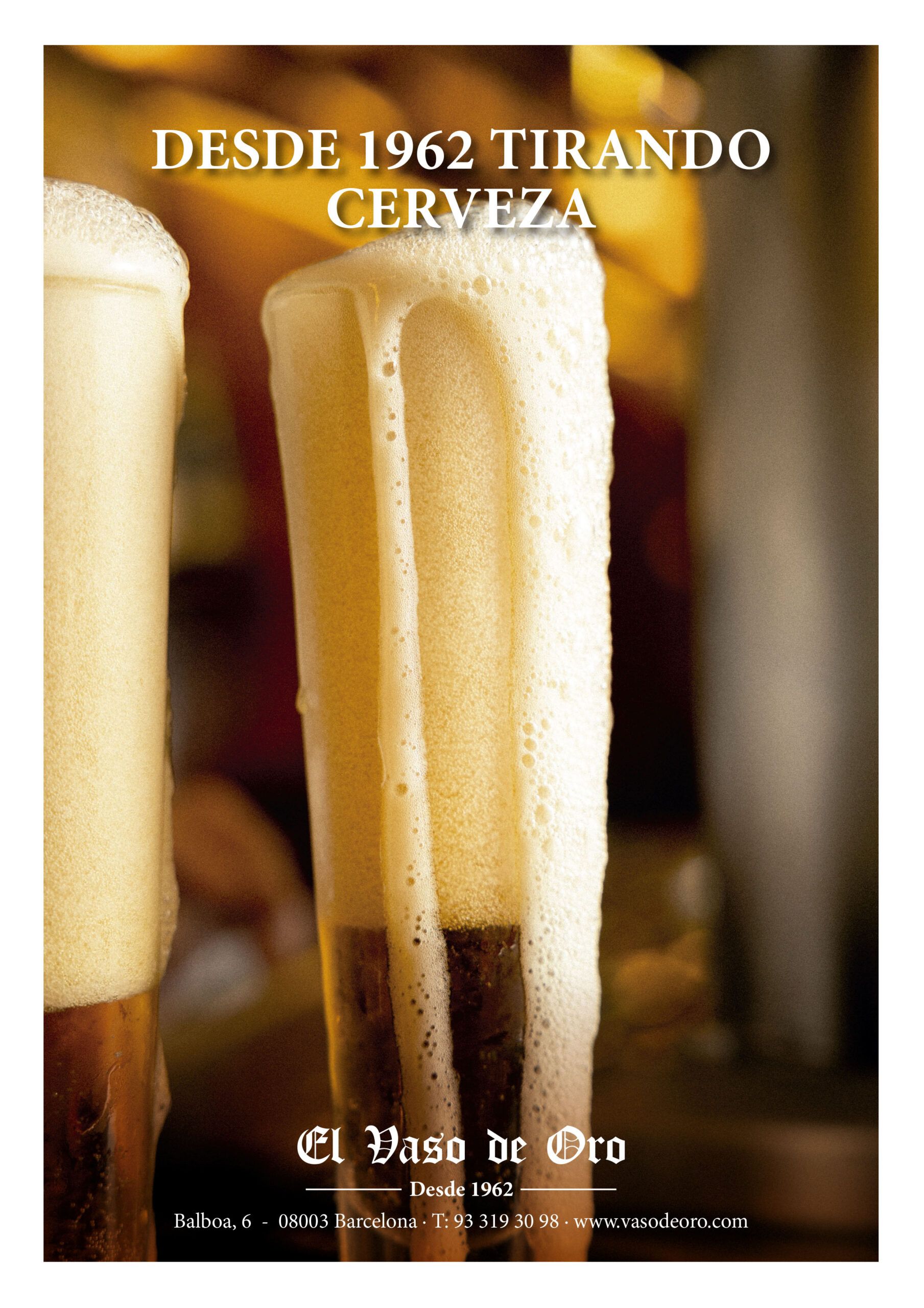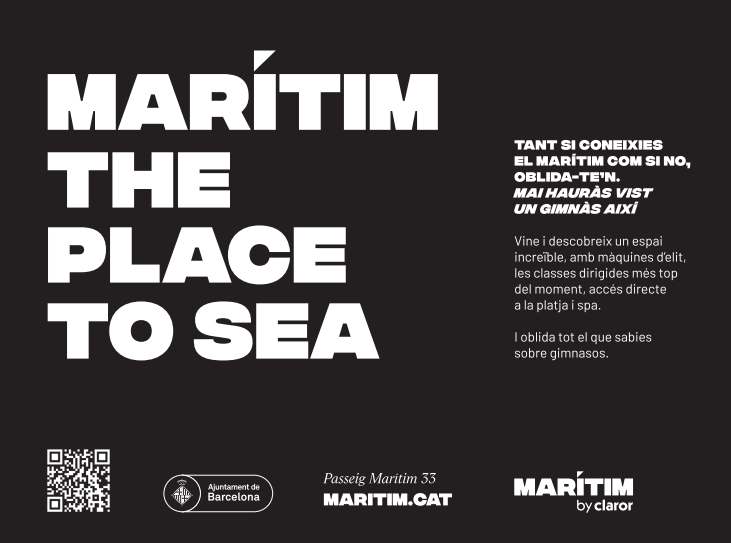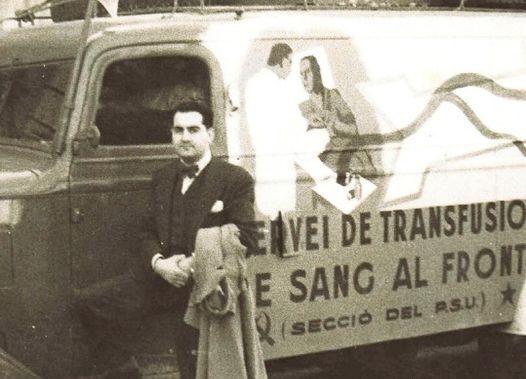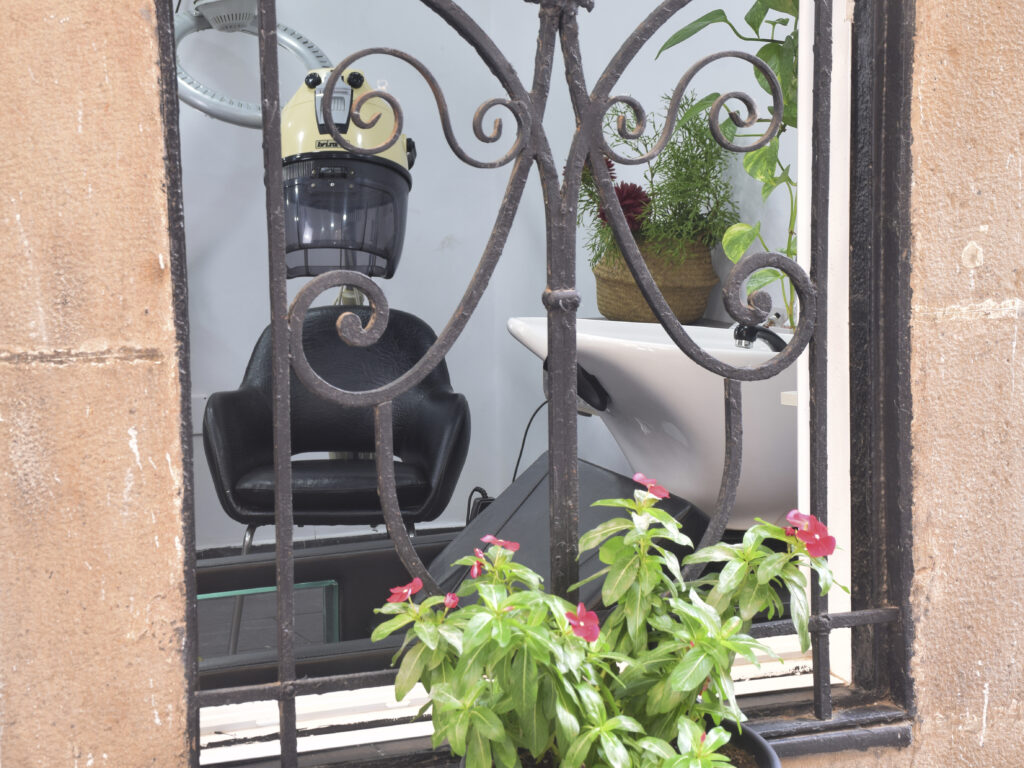“You Catalans are meek people”
The words were not spoken, but spat out, spat in my face by a man who looked as if he had already asked for the bill in life, like someone who has consumed everything the soul is capable of digesting. Seventy-five-year-old, six feet tall, eighty kilos in weight, short, gray hair, of that bluish-white color that the sea over the years has dyed on a head covered with the classic beret, forty centimeters in diameter, which distinguishes the northern types from the rest of humanity.
That sentence provoked in me a reaction of defense and attack against what until then I had considered a friend. But I remained rooted to the spot, unable to react when I read in his eyes that that statement had caused him more pain than it had caused me.
Sitting on the terrace of the Colombo bar in the Port Vell of Barceloneta, –one of the few bars where they still serve you without having to be a tourist– I look at the man who I am sure I am seeing for the last time. He is holding his mug of beer, he has not yet taken the first sip, he wants the moment to last so that he can surely remember it in his retirement in Santurce, where he must surely return on one last “voyage”.
– I’m going back to Euskadi. Fifty years in Barcelona, two Catalan daughters, and a wife who has been cremated here. I’m leaving with nothing, only her ashes that I will scatter in that estuary where we met, and where I think we need to meet again.
We talk, we drink, and I give the strong but worn-out man a briefing after forty years of fighting. First against the merchant ship, then against smuggling as chief engineer of the patrol boat Aguilas, of Tabacalera, dependent on the Ministry of Finance, the same Treasury that stole a large part of the assets that cost him and his partner so much sacrifice to save during all these years of hard work, backed by what he considers the unjust law of inheritance tax.
– In Euskadi, we don’t pay. Here we pay for everything, and we keep quiet.
I understand your indignation.
We take the last sip of the “beers”, we get up and we hug each other, –too strong for it not to be the last one-.
– You must come to Bilbao, the city is incredible, it has the best mayor in the world, if you visit it, stop by Santurce, we will have some wine.
I see him leave without looking back, forty years of shared experiences end like this, with a beer on the terrace of a bar in Barceloneta, but he stops, turns around, I go to greet him with my hand, but Manu no longer looks at me, he contemplates the flight of a seagull, or simply contemplates our sky for the last time, to say goodbye to this city that he has loved so much, and that like many of us today produces pain.
Five years have passed, Manu, eighty years old, returns to Barca, his daughter has a position as a doctor at the Vall Hospital d’Hebrón and does not want to leave him alone in Bilbao, they keep the apartment on Calàbria street, and they have a rental apartment in Sitges where bosses usually go for a week. We rekindle the friendship that we established five years ago. He visits me in the workshop every three or four months, we talk about the good times, the ships and, above all, smuggling.
In December, he never fails to pick up the calendar I have been making with photos of Barceloneta for twenty years. But this year he has not come to pick it up, I call him on his mobile and he does not answer, finally, taking advantage of the fact that I am going down to Sitges, I go to the Casino de la Villa, which is where he spends the afternoons playing dominoes, and I ask for him. It is upstairs, a room where several members of the casino play the game, most of them retired, although there are some young people watching, but without tokens, Manu is there with his hat on his head as if it were part of an identity that he did not want to give up.
– Hi Manu, I’m bringing you the calendar. I didn’t know anything about you, and I remembered that you used to come to the casino from time to time to play.
He didn’t even move his head, he kept looking at the dominoes. I put the calendar in front of him and he pushed it aside with his hand, it bothered him that I was playing. Then I stood in front of him, he moved his eyes, looked at me and went back to the dominoes. The young man next to him shook his head negatively, “it was his son-in-law.”
Manu Fernández didn’t recognize me. He had looked into my eyes for a few seconds, and through those eyes as blue as the sea I saw for the last time a friend who was moving away, a world that was dying out, and swallowing up the people I loved, leaving a void around me that I couldn’t bear.
I started to cry, there in front of those strangers I cried like a child.
People disappear. With them a part of our memories and experiences goes. We make the final journey alone, or surrounded by family and friends, or like Manu, returning home with his son-in-law, with a calendar in his hand after an afternoon at the casino where he was probably allowed to win his last game of dominoes.
Santurce. On Saturday, 6pm, a small group of people – most of them elderly – stand in front of the estuary, with the Portugalete hanging bridge in the background while Yasune , Manu Fernandez ‘s eldest daughter , throws the ashes of that sailor downwind , who despite having lived more years in Barcelona than in Bilbao, never forgot his origins, and expressed – while still alive – the desire to have his ashes rest together with those of his wife, which he kept for the last 20 years.
Condolences, hugs, from the two daughters and the son-in-law, and some tears that I could not hold back when Olga, the youngest daughter, threw the cap with the sewn-on stripes of a merchant navy officer into the cold waters of the estuary. A terrifying silence broke out. while the current carried away that piece that lived with the barretinas of where it was its second home for more than 50 years










